

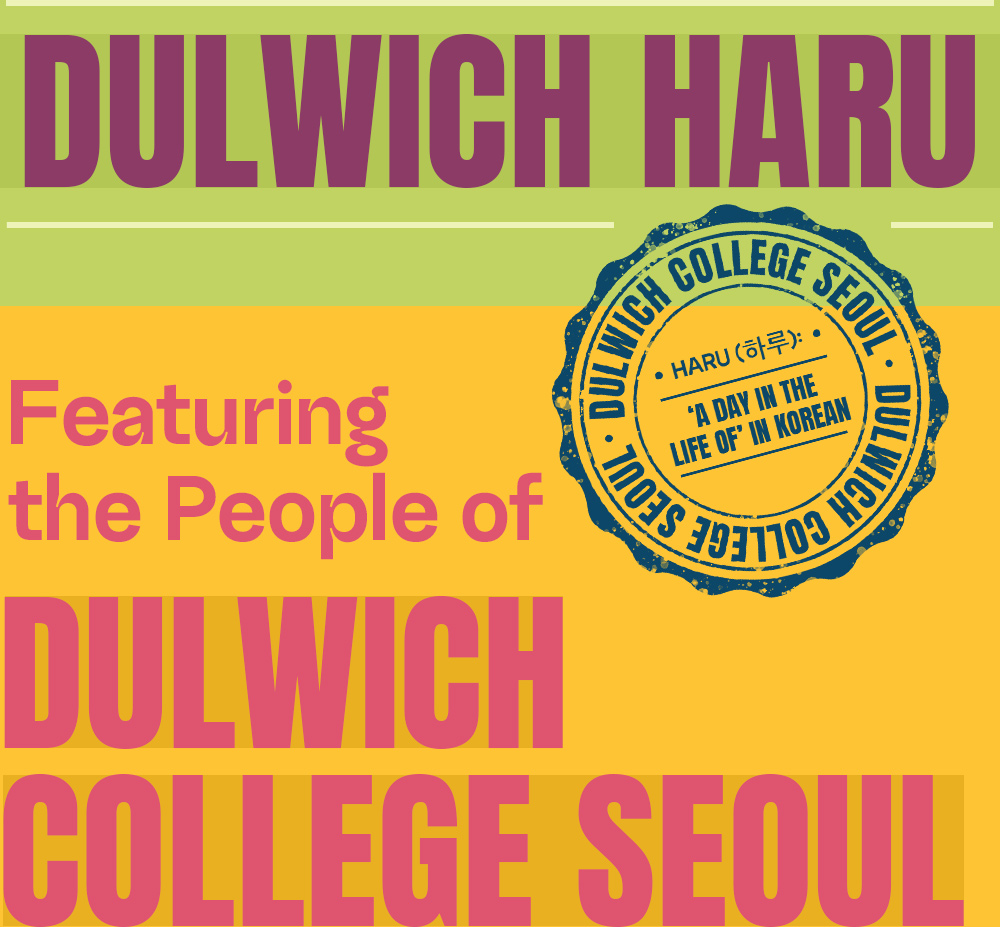
IN THIS EDITION
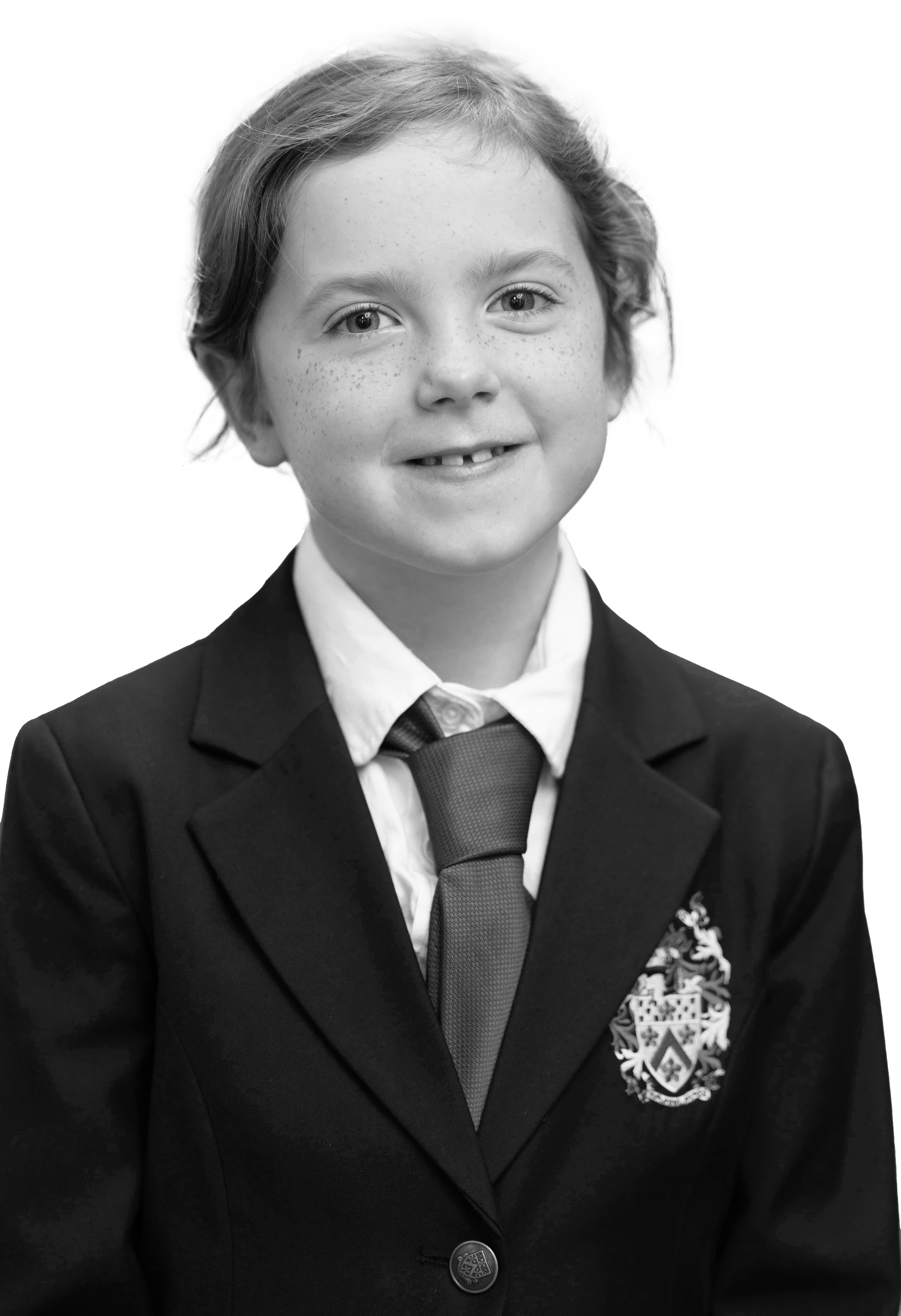
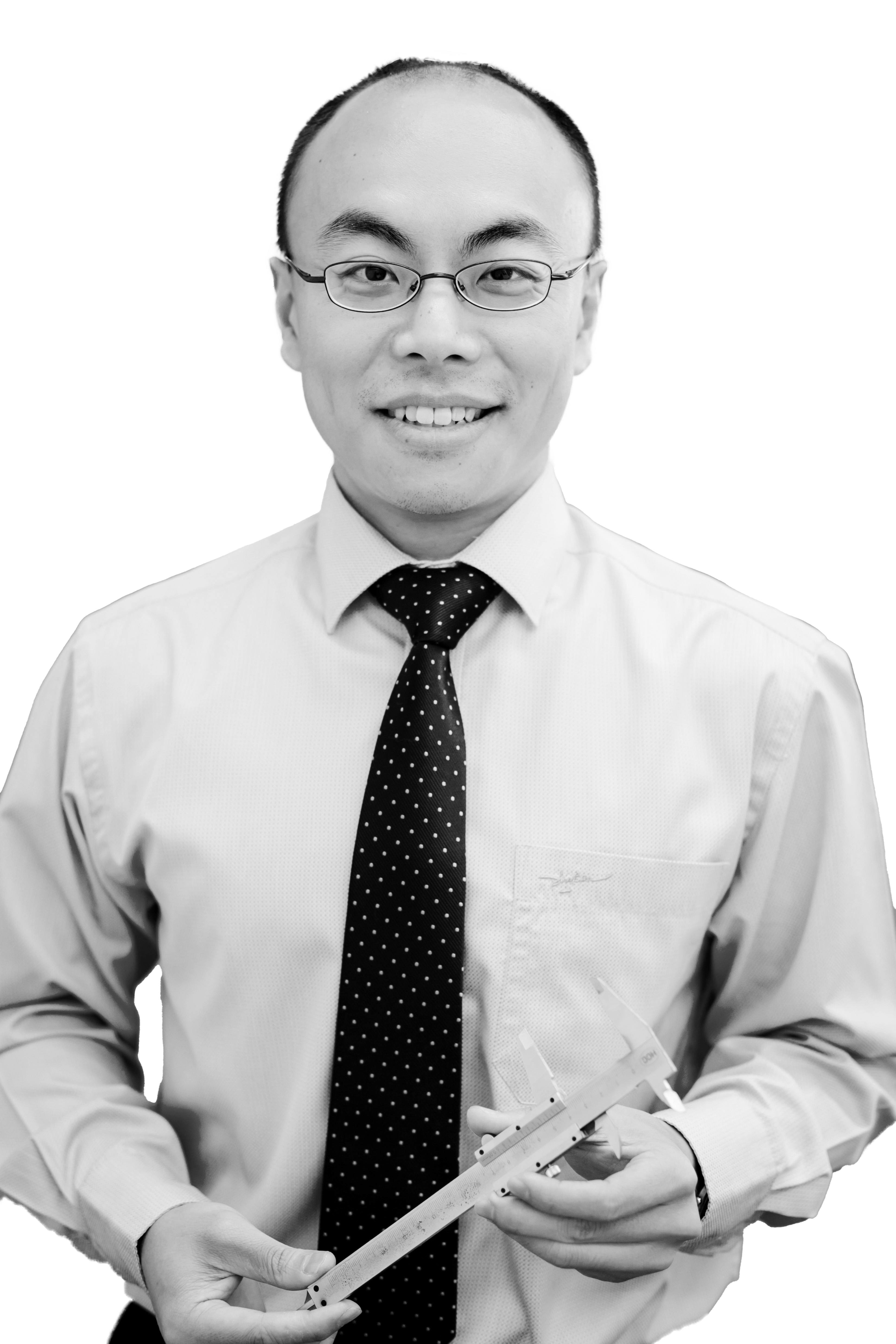
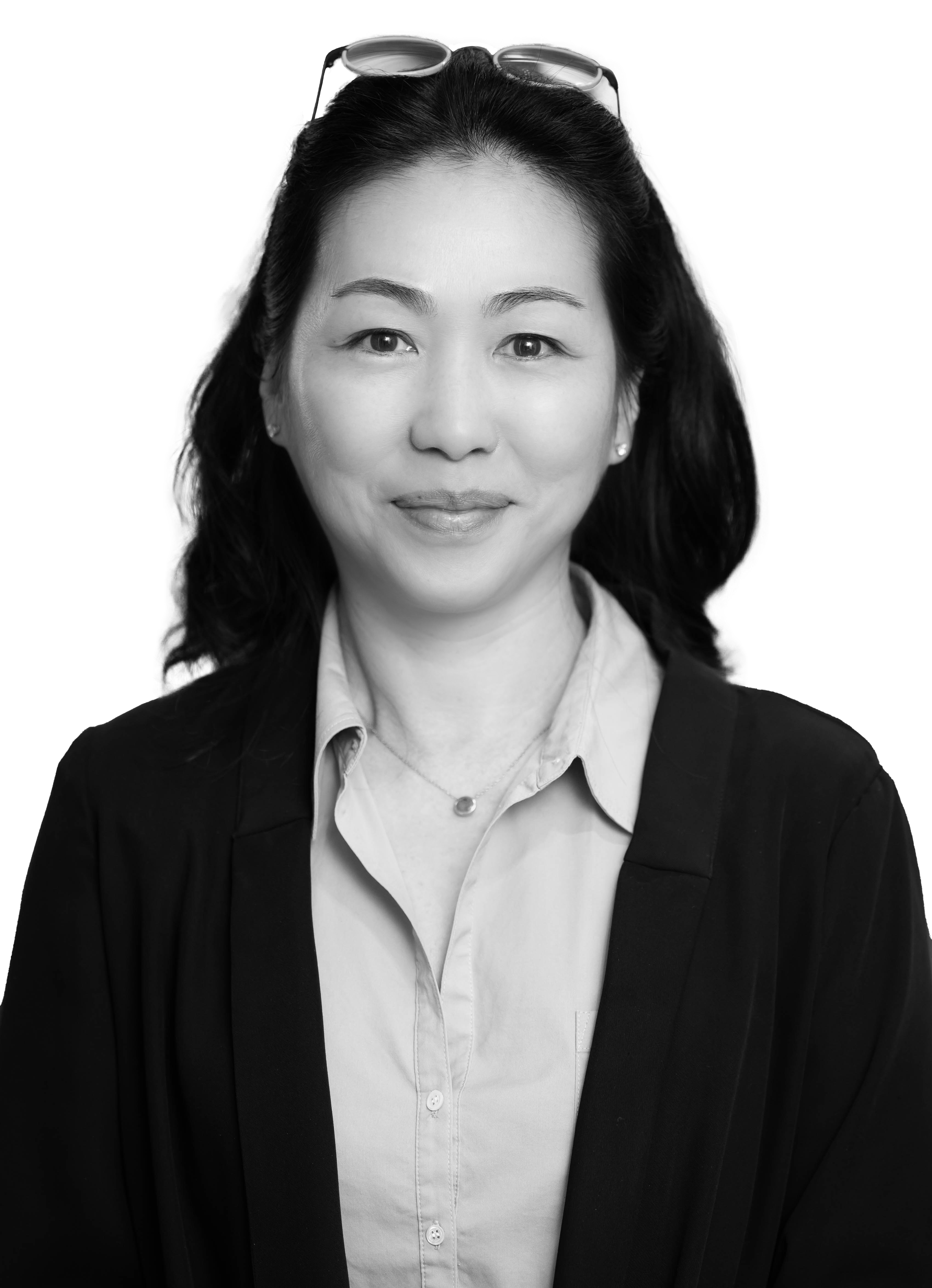
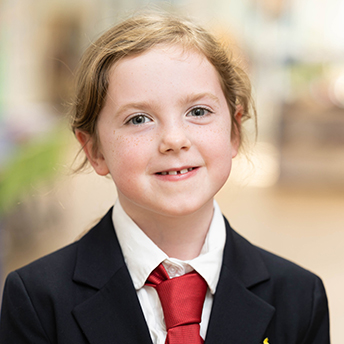
My name is Annie and I am in Year 3. I’m from the US and my teacher is Ms Park. Ms Park is very nice and she can speak French. I have a lot of friends. Two of them are in a different class and one of them is in my class.
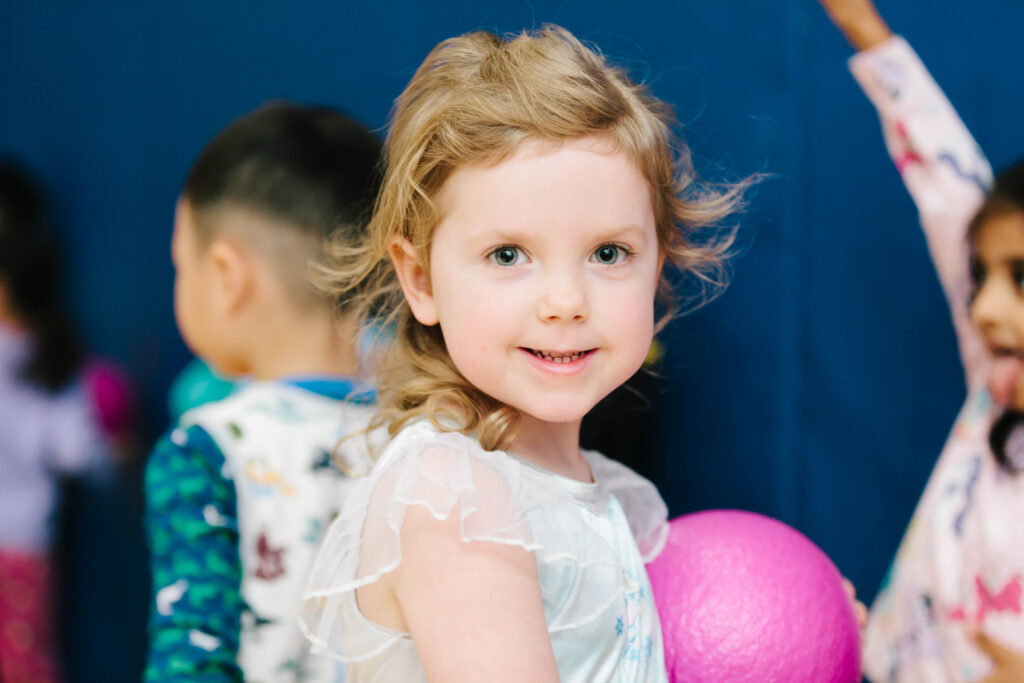
I was four years old when I came to Korea and I’m seven years old now. My older brother is Carter and my younger brother is Dan. I was in Reception when I joined Dulwich and my brother was in Year 1. My little brother was still a tiny baby and he didn’t go to school yet.
We like to play games together. Sometimes Guess Who, sometimes Uno, and Go Fish. Carter is in Year 4 and he and I are the same age for about five days after my birthday. So for five days every year, I can say, “You can’t tell me what to do because you’re not older than me anymore!”
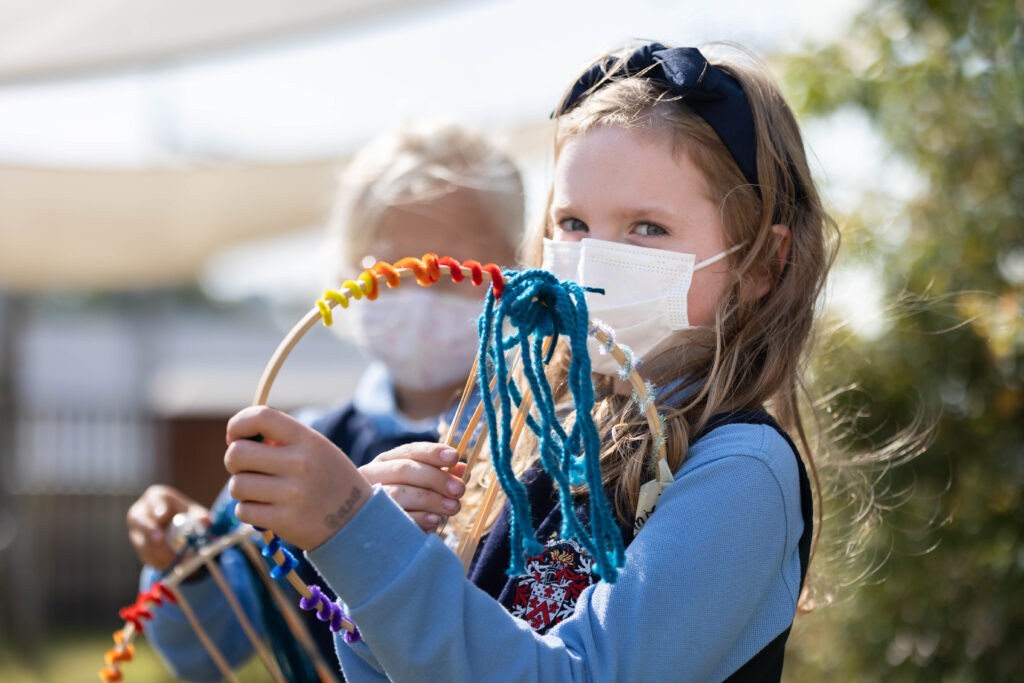
My first day of school, my teacher was Mr Kelly and I cried because I didn’t know anybody. When Mr Kelly saw me crying, he took me to the kitchen to have some cake.
But then I made some friends. My first friend was Evelyn. I met her on the first day. She was my best friend. She’s in my class this year. I had another friend called Senna but she went back to Germany.
When we did spelling with Mr Kelly, he used Fred the Frog. He’s a frog that talks in a funny voice. My teacher last year had Fred the Frog in her cupboard and I could always see him. Ms Rowbottom is from Australia – she has a Kangaroo and she always lets us pat it.
My favourite subjects are swimming, PE and art. If I had to choose one, it would be swimming. I made the Dulwich swim team this year. I’m in the Seal Pups. My brother made the White Seals team. Seal Pups is the youngest swim team so it’s the basics. My brother Carter is in a harder group.
I just wanted to be on the swim team. I practised at school and outside school. I tried out and my time was 1:18. My big brother’s time was 50 seconds! But I’m cancelling the outside school swimming lessons because I have too many activities.
I had Mr Kelly, Mrs Curran, Ms Rowbottom and Ms Park. Mrs Curran is very nice, Ms Rowbottom is really funny. Ms Park’s first name is Dorothee. Sometimes she pretends that she is a student just for fun. When we were going for Student Council, she stood up to give a speech as “Dorothee the student” to show us how to do it.
This year, I am a Playground Prefect and last year, I was in the Student Council. As a Playground Prefect, if anyone is misbehaving, like if someone playing soccer does a dangerous slide tackle, I have to send them to Ms Goddard to fill out a reflection sheet. And I get to award a house point to people who do the right thing. But I can’t just give house points to my friends.
Student Council was actually really fun. Every time we did a really good job, we got to have some gummy bears.
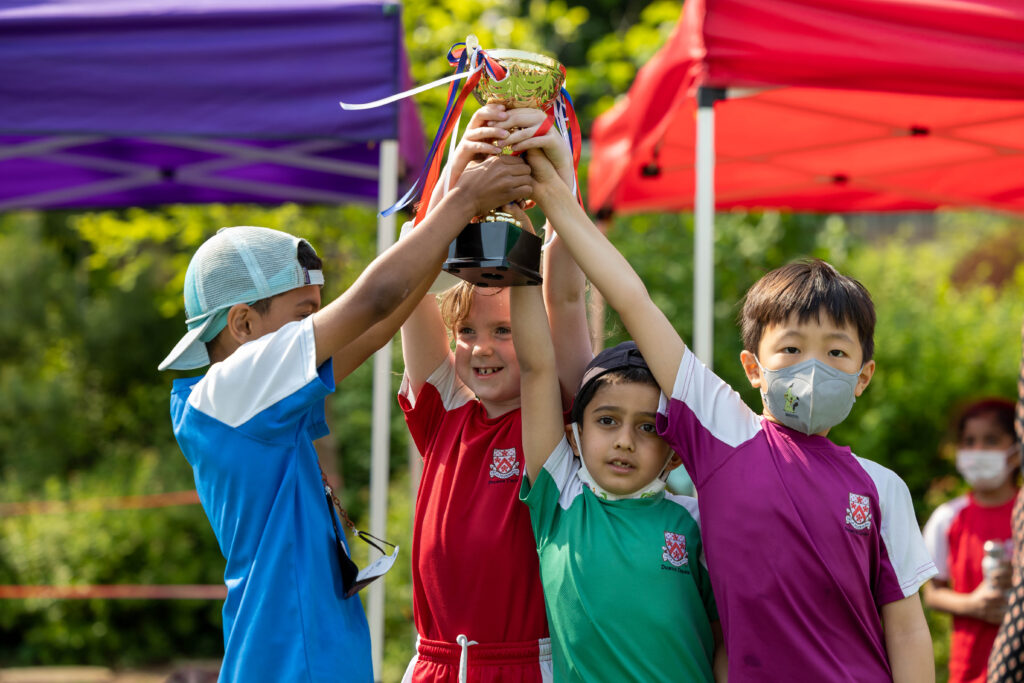
I want to be a Junior Librarian. I applied this time but didn’t get it. Hopefully next time I will.
Yes, I like Horrid Henry. He calls his brother names. He watches so much TV and he destroys his toys. It’s really funny. He causes trouble all the time.
This year, I’m doing Jewellery Making and last year, I did Doodle and Draw and Dance. I really loved the dance ECA. We got to dance to anything we wanted.
No! I really want a puppy but my mum says ‘no’ because we don’t have a backyard. My mum had a dog but she doesn’t want me to have a dog! She said we can have a dog when we go back to America because we will have a yard.
I would say, “You should come to Dulwich. Dulwich is a really kind school”.
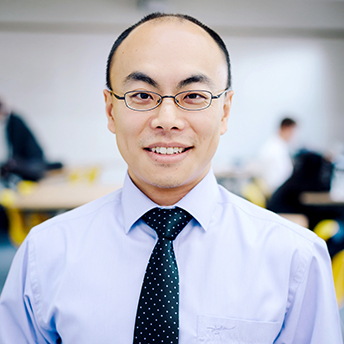
I was born in Hong Kong, and I moved to the UK for secondary school and then university. I then taught in the UK for ten years before moving abroad. I studied Physics at Imperial College London, received a PGCE in Secondary Science from Homerton College, Cambridge and an MA in Education from the Open University, specialising in Applied Linguistics. During my time teaching in the UK and in Malaysia, I have worked in a range of posts including Head of Physics, IGCSE and A level Science Coordinator.
My mum was a teacher before she retired, and so I would always hear her talk about the good things that happened in school and about her students and colleagues – and that left a positive impression on me. During university, I taught English in a summer camp in Poland and I really enjoyed it. That’s what set me on this path.
You get to see the kids doing practicals, and when they say, “Wow”, I love seeing that wonderment. I like the fact that if they want to be doctors, engineers, or even in the case of students who want to be more creative, like as a chef for example, that’s going to involve science. Scientific knowledge and literacy is applicable in all sorts of fields.
Generally, I like physics experiments because my specialism is in physics. Water rockets are always fun – pumping them up to see how far they go and then taking measurements. In Year 7, 8 and 9, each teacher handles all the sciences, not just our own specialism. So I have enjoyed teaching Year 7 how to dissect lungs or hearts, and mixing acids and alkalis and seeing the change of colour. It’s always enjoyable, whether it’s biology or chemistry or physics.
physics students.
Science builds on English and Maths in that it develops their literacy and numeracy, so it puts them to use in a practical context.
Learning all about viruses and bacteria in science lessons is relevant because currently, we are still having to wear masks. By learning how viruses and bacteria work, we can better combat them. Also in terms of climate change, learning how the weather patterns work and what the human contributions are, both from the chemistry point of view and from a physical point of view, is very topical and relevant. It can help students understand the issue more deeply. I would hope that by the time our students leave school, they will have a good foundational understanding, so that when they read news articles, they are able to see what information is true and reliable.
I think parents can help children by talking to them about topical news and asking questions, so they can explore the subject together. They don’t need to know the answers, but the fact that they can stimulate conversations, explore together, and find information. And that in itself is a very powerful family activity. Another thing you could do as a parent is ask your kids to explain what they have learned and again, because if they are able to explain it to you, then chances are they have understood it better. Hopefully, this would encourage the students to see the value of what they are learning as well.
I always like the annual World Book Day celebration, as you get to dress up as your favourite fictional character. It stands out as it involves both staff and students, and it’s fun.
What kept me here are the people. My students are incredibly studious. They really care about their education, which is also a reflection of the attitude of their parents. The staff I work with are very supportive in many different ways. This school kind of fits like a glove, and this is my fifth school – 18th year!
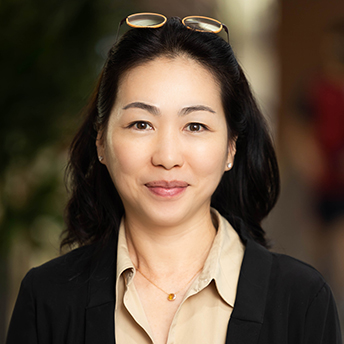
I’m Korean American and have two children, one of whom, Ian, is currently in Year 12 at Dulwich. I lived in this area as a child but we moved abroad for a long time. We returned to Korea in 2006 and joined Dulwich in 2011 soon after it opened. I’m now working as the Director of the Seorae Global Village Center. We provide assistance to foreign residents of the neighbourhood and we also run a variety of local community development activities aimed at building ties between foreign and local residents.
The land Dulwich College Seoul now sits on used to be my playground. There was a pond that would freeze in the winter and an ajushi [a man] would come with a truck full of ice skates to rent. Then in the summer, there was roller skating in the empty parking lot.
We lived in one of the old apartment buildings in Gubanpo that are currently being demolished. I attended Banpo Elementary School and walked to the shops on the main street every day to buy a ppopki [sugar honeycomb toffee], and frozen popsicles. I also got my first communion at the Catholic church right by Dulwich. Such fond memories. I never dreamed I would be back here after more than twenty five years abroad and send my children to Dulwich!
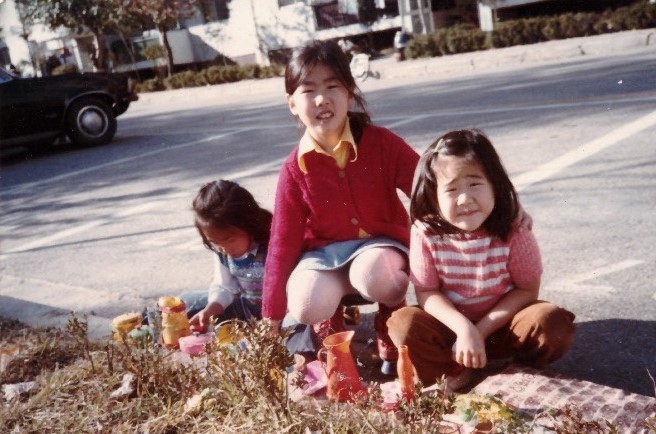
Ian entered Year 1 with Ms Sefton. I remember it like it was yesterday with the blue uniform and everything. All the buildings were brand new and you could smell the paint and they were just setting up the last bits and pieces. And Mr Bonnet was there. Ian was in Mr Bonnet’s class in Year 2. It was so nice to see that he has returned to the school this year as a Year 6 teacher.
I knew it was a big privilege for me to be able to send him to Dulwich. We had looked at local options but, because of my own upbringing and my own lack of knowledge around the local system, I thought an English-speaking international school – British or American – would be a natural place to start.
I quickly got involved with the Friends of Dulwich (FoD), which was just starting. I wasn’t working at the time so I was able to volunteer my time. I was in charge of Market Day for a couple of years and other mums worked on International Day, and there were many other initiatives.
Head of Drama Matthew Readman had the idea to create a piece of “verbatim theatre” using real life stories from within our community. He sent home a letter asking parents to share their stories. I responded to that email because I happened to have a ready manuscript – essentially the letters that my father wrote to my sisters and me as we were growing up.
It was difficult for him to tell his story to us as children while we were growing up because we couldn’t really appreciate such deprivation. He would try to tell us we should eat our food because when he grew up, people were starving to death, and we would roll our eyes and say, “Here we go again, he’s talking about famine again”.
We were maybe 13 and he was saying, “You guys don’t know how lucky you are,” and we would say, “Yeah, dad you’ve said that a gazillion times”. We were so focused on our own lives that it was hard for him to tell us. So he wrote down his experiences in a series of letters that we could read when we were old enough to understand, so that we would know our heritage.
My father was 15 years old (born 1935) when the Korean War broke out. All he had was a handful of misugaru (mixed grain powder) in his pocket when he got separated from his siblings and parents. He went through incredible hardships while fleeing to the south along with more than three million other refugees during the winter of 1950.
After the war, he was lucky enough to earn a scholarship to study in Belgium and he met my mum during his frequent trips to Germany where she was working there as a migrant worker nurse. The Korean film, Ode to My Father, has scenes that resonate with my parents’ lives. Later, he became a public servant and then took a job with KOTRA (Korea Trade-Investment Promotion Agency), which took us to Ivory Coast in West Africa. That’s where my sisters and I learned French at a French school there before moving to the US to attend university.
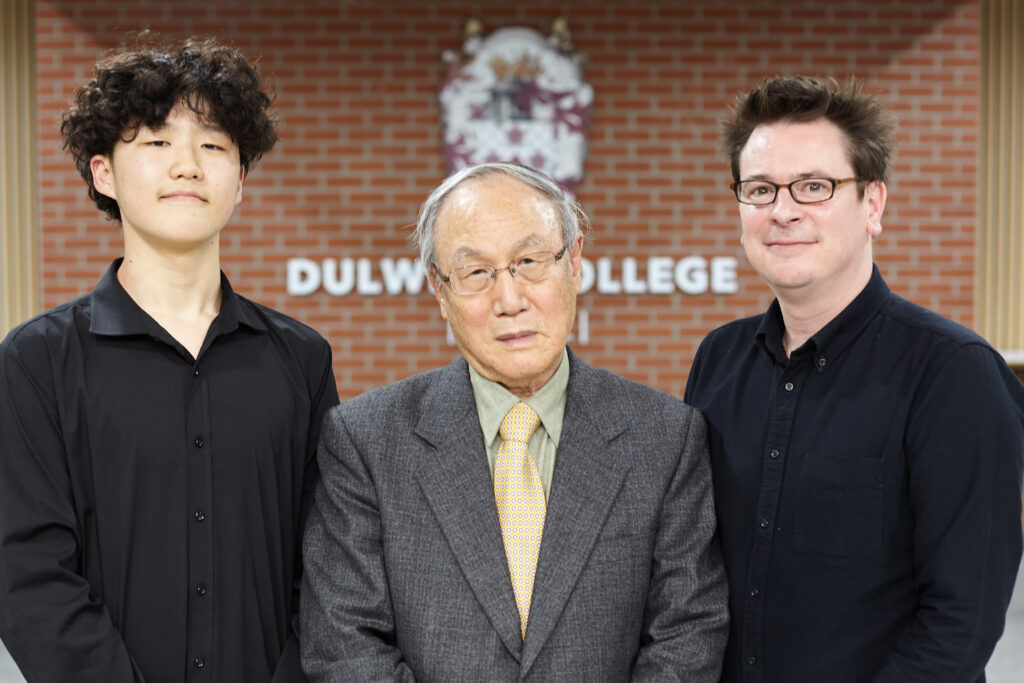
We were impressed that his letters were turned into a fantastic script and Ian was given the great honour of playing the role of his own grandfather in the production. My father even came to school to speak in person to the audience following the performance. It was very moving and we are all grateful for that experience.
I remember Primary School being very busy for Ian and me. International FOBISIA sports events, different theme days, field trips etc. kept us really busy. I think Year 10 and Year 11 were tough for him as we all got blanketed under Covid-19. Perhaps these factors created an atmosphere conducive for Ian to focus on making music and playing sports. Today, Ian wishes to find a voice in the music industry one day. He is also racing against time given the rigour that comes with the IB program. [Ian has since been voted Deputy Head Student at the school.]
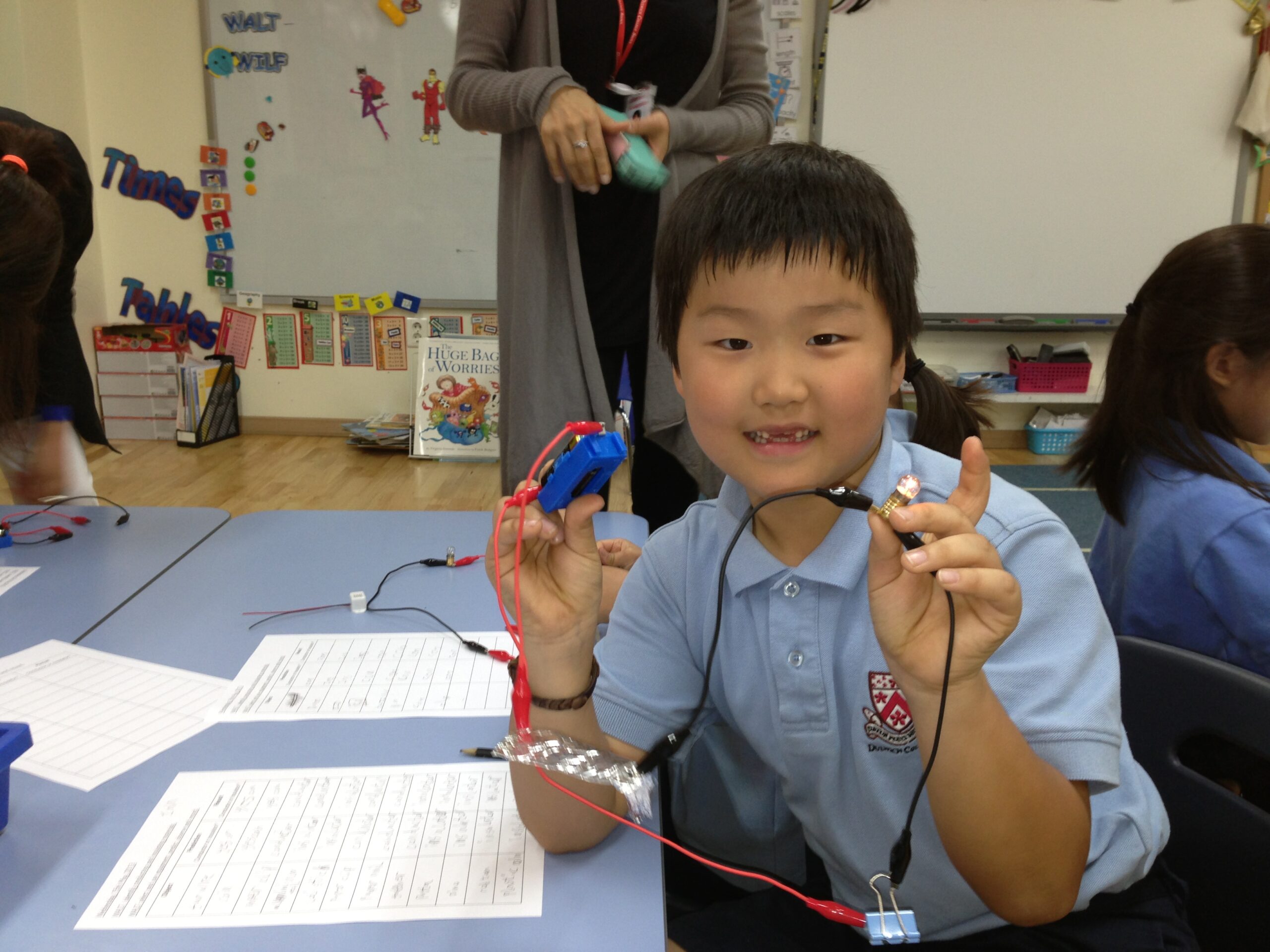
UPCOMING EVENTS
